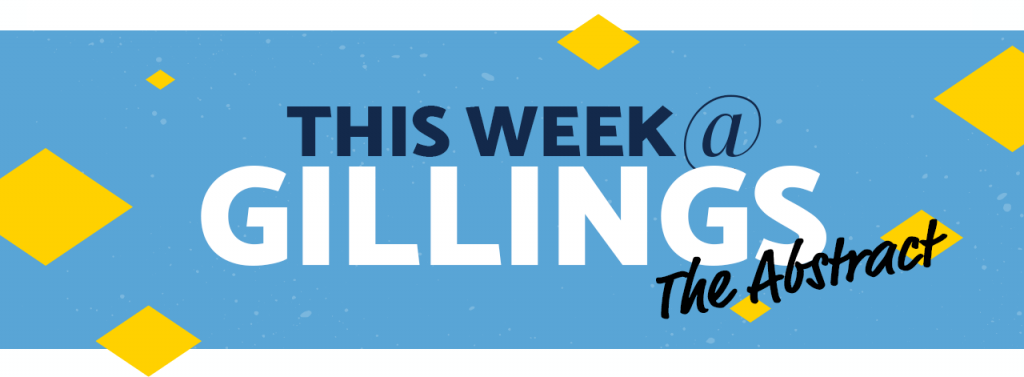The Abstract: August 23, 2021

August 23, 2021
Whether you’re local or global, student or alumni, the Abstract’s weekly news digest will help you stay in the loop with our amazing Gillings School community.
The Lancet commentary: Collective responsibility is part of the moral foundation of public health

Dr. Benjamin Mason Meier
Associate Professor Benjamin Mason Meier, JD, LLM, PhD, is co-author on a new commentary in The Lancet that addresses the model of individual personal responsibility for health as one that is contrary to the moral foundations of public health. The public health responsibility to fight COVID-19 is one that requires the support of institutions and communities, such as the Centers for Disease Control and Prevention (CDC) in the United States. The commentary was developed with public health leaders across the country in an effort to stand up for public health principles.
“When the CDC Director says ‘your health is in your hands’ in the COVID-19 response, this focus on individual blame challenges the very meaning of ‘public’ health,” Meier said. “Reflecting on the moral foundations of public health, we came together across public health schools to call for a renewed commitment to core values of collective responsibility, health equity, and human rights.”
“The current US approach continues to undermine the fundamental notion that all people are equal in dignity and rights,” the authors wrote in the piece. “When the CDC Director speaks of a ‘pandemic of the unvaccinated,’ this implicitly assumes that those who become ill are responsible for their own suffering and that their deaths are acceptable—because they could have been vaccinated. These moral deficiencies reflect a larger neglect of collective responsibility, equity and human rights in U.S. public health policy. CDC guidance must consider the moral foundations of public health, providing a normative framework to support public health policy and practice.”
Hudgens co-authors new article in JAMA on interpreting data in RCTs with non-adherence

Dr. Michael Hudgens
Michael Hudgens, PhD, professor and associate chair of biostatistics, has co-authored a new article in the Journal of the American Medical Association (JAMA) on interpreting data from randomized controlled trials (RCTs) with non-adherence. Non-adherence in a randomized clinical trial happens when study participants do not follow the randomly assigned treatment protocol. The study participant may not take trial medications, might cross over to the other intervention being studied or may access treatment outside of the trial. Nonadherence may also happen when a clinician is unable to complete an intended therapy.
“RCTs are the gold standard for evaluating the effect of a new drug, treatment or intervention,” Hudgens explained. “However, results from RCTs are more difficult to interpret when study participants do not adhere to their randomly assigned treatment protocol. In this article with Drs. Smith and Coffman from Duke, we describe different statistical techniques for analyzing and interpreting data from RCTs with non-adherence. In particular, we describe intention-to-treat (ITT), per-protocol (PP) and as-treated (AT) approaches to analysis, including how these approaches handle non-adherent participants and the different interpretations of the corresponding results.”
